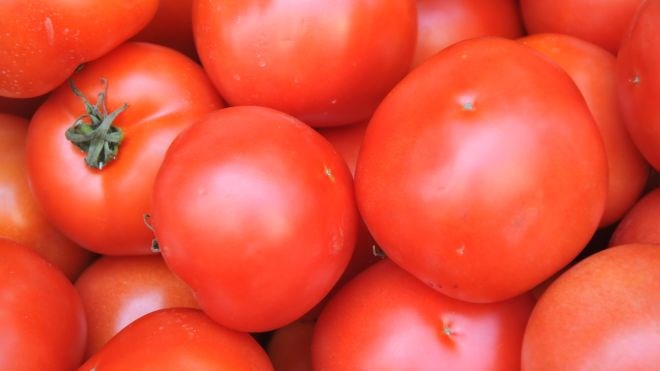The Rural Agri-Innovation Network (RAIN) is launching a new Algoma-area project that will increase opportunities for enterprise development and expansion, while helping address hunger for low-income families and individuals.
Central Algoma Food for Everyone (CAFFE) is a one-year pilot project being partially funded with $75,000 from the Ontario Trillium Foundation. There could be an opportunity to expand the project for three years.
The project comprises three components: environmental scanning, which will identify opportunities and threats in a given community, including food security; food workshops; and the feasibility of a food hub that teaches food skills development for the Algoma District community.
The project is being led by the Sault Ste. Marie Innovation Centre (SSMIC) and its Rural Agri-Innovation Network (RAIN) in partnership with North Channel Poverty Network (NCPN) to collaborate with North Channel communities and organizations, including:
- Sault Ste. Marie Innovation Centre (Rural Agri-Innovation Network)
- Algoma District Services Administration Board
- Algoma Public Health
- Child Care Algoma
- Johnson Farmers’ Market
- The Corporation of the Municipality of Huron Shores
- Township of MacDonald Meredith Aberdeen Additional
- St. Joseph Island and Area Food Bank
- Township of St. Joseph
“This project brings together farmers, organizations, food businesses and North Channel communities around emerging opportunities in food processing,” said David Thompson, RAIN’s project coordinator, in a release.
“The project will provide opportunities for food processing and will explore the long-term development of food processing infrastructure.”
Laurie Zeppa, director of community services for Algoma Public Health, said food security is crucial to overall health.
“When money is tight, families often cut back on food or go without in order to make ends meet,” she said. “The CAFFE project is a first step in looking at improving food security in these communities.”
Upcoming workshops will look at herbs and their uses, plant and flower jellies, seasonal diets and food budgeting, and storing topics, such as canning, dehydration, freezing, and pickling.
RAIN conducts research and provides business development and networking support for the agri-food sector. Its goal is to build a resilient farm sector in Northern Ontario through through innovative research and agricultural development projects.




